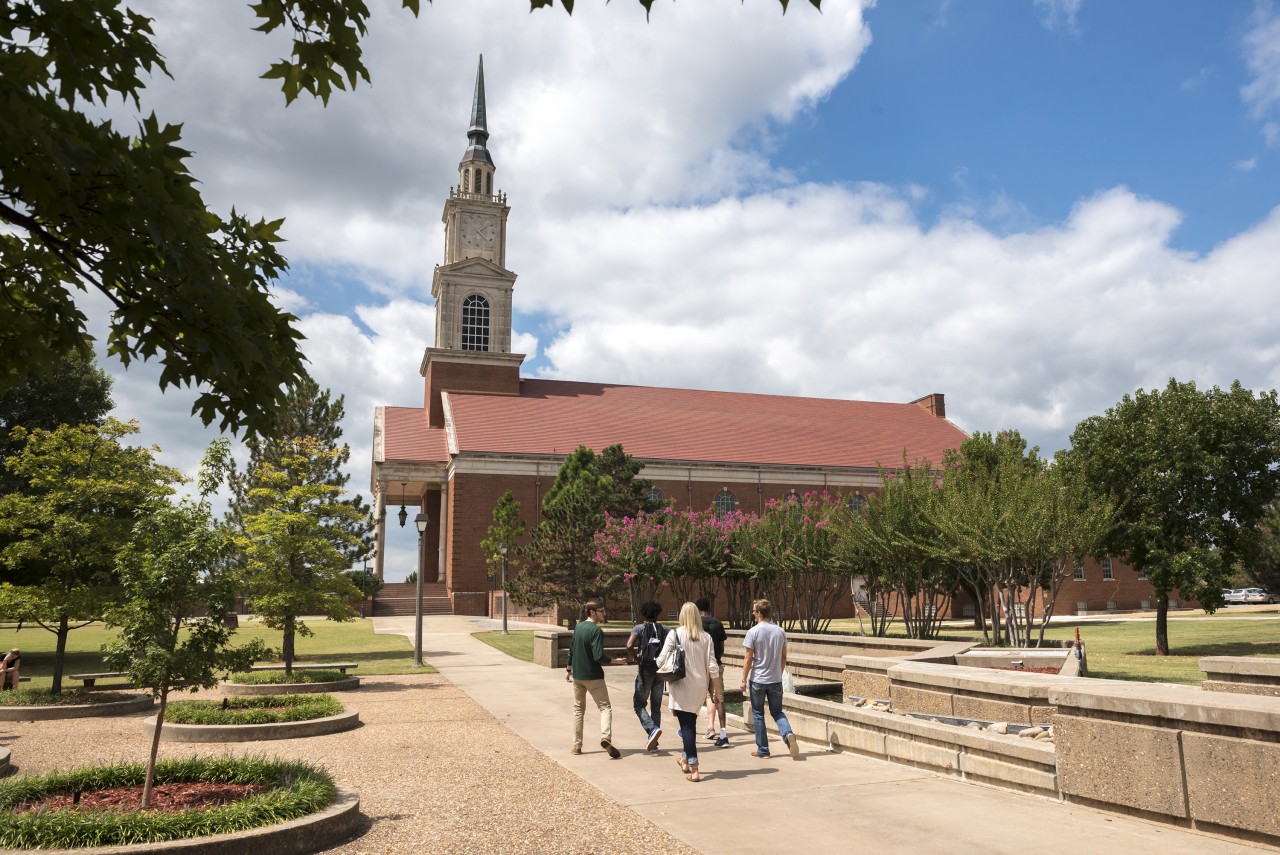Hundreds of high school and middle school students recently gathered on the campus of Oklahoma Baptist University (OBU) for “Generation Why,” an apologetics conference that focused on some of the most pressing questions students have about the Christian faith today.
Speakers addressed topics like biblical sexuality and the culture; why we should believe the Bible; and reasons to believe Jesus is the Son of God and risen from the dead.
As OBU associate professor of philosophy Tawa Anderson said, the event was designed to “strengthen the confidence of young Christians in the truth of their faith and equip students to defend their faith persuasively and winsomely. As society continues to become more secular and post-Christian, it is even more essential for all believers to know why they believe what they believe, and to ‘always be prepared to give an answer to anyone who asks them the reason for the hope that they have’ (1 Pet. 3:15).”
This important event reminds me of the days following that first Easter/Resurrection Sunday on which our Lord rose from the dead. One of His disciples Thomas, who earned the name “Doubting Thomas,” said he would not believe Jesus is alive until he could see the nail-scarred hands and feet. As we see, from the very beginning to today, skepticism is real and present.
Yet when people have sincere doubts, we should take our cues from Jesus as to how to handle it. He did not condemn or humiliate Thomas. He said, “’Peace be with you!’ Then He said to Thomas, ‘Put your finger here; see My hands. Reach out your hand and put it into My side. Stop doubting and believe’” (John 20:26-27).
Like Thomas, students—or anyone—who has doubts should know there are strong answers to their questions. That’s why events like what OBU just hosted are important. And that is why it is important for every pastor, student ministry and church to equip students with reasons we believe.
It is crucial, though, that we are not only intellectual Christians. We are commanded to be Christ’s followers in “word and in deed,” not just give lip service. A recent LifeWay Research poll underscored the importance of this authentic faith that is lived out, especially in the eyes of this new generation.
According to an article by LifeWay’s Aaron Earls, “When teenagers see church members as insincere, they are more likely to drop out. Relatively few young adults say the church they attended as a teenager was insincere, but dropouts say this more often. Among those who stayed in church, 17 percent saw church members in their teenage church as insincere. That jumps to 24 percent of those who left. Similarly, when describing the church they attended as a young adult, 21 percent of those who stayed in church saw members as insincere, compared to 37 percent of those who dropped out.”
Earls concluded, “How can your church develop a reputation of sincerity in the congregation and the community? Cultivate genuineness and honesty within your church. Value truth.”
To his enduring credit, Thomas responded to the truth with belief. Likewise, many students are responding well, amid increasing challenges to the faith, with belief.
When Thomas saw the risen Lord, his response was to exclaim, “My Lord and My God!” (John 20:28). Let’s pray this coming generation will respond in the same way.
And to Thomas’ words, we say “Amen. Hallelujah! He is risen indeed!”




